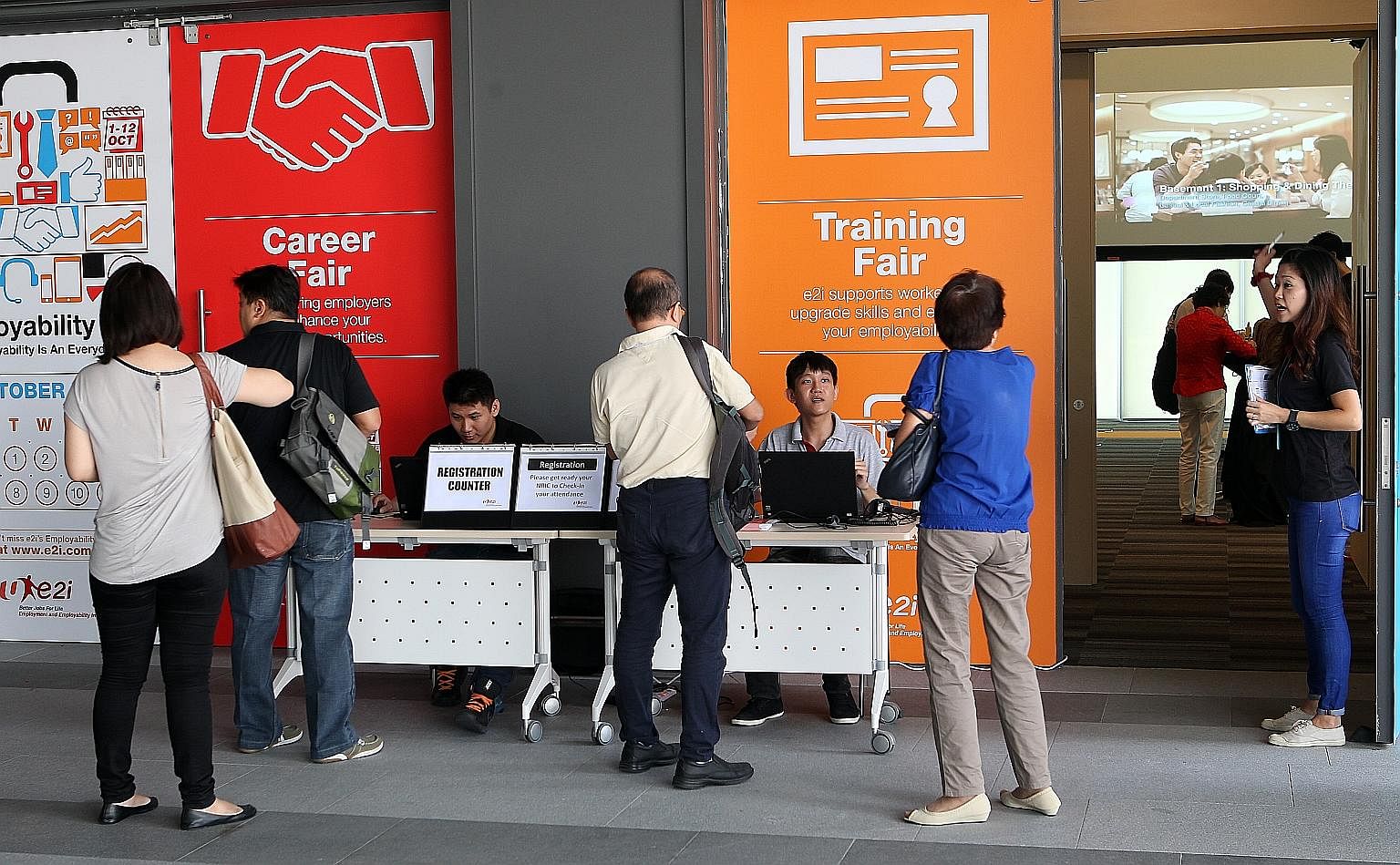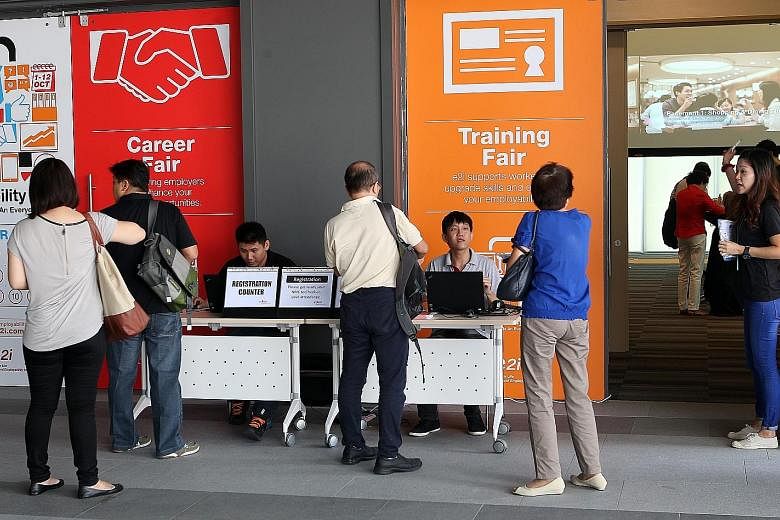Amid renewed signs of global economic uncertainty and slowing growth, job security will be on the minds of many. After all, the last few years of turmoil in the global economy have seen rates of unemployment reaching record levels in many parts of the world.
Anyone who has experienced losing a job, or knows someone who has, understands how stressful and emotionally draining the experience can be. When an individual is faced with unemployment, money worries are, understandably, topmost on the mind and a prime cause of stress.
But other factors also come into play that together can contribute to an emotional burnout associated with job loss and the pressure to find new work. Social exclusion arising from the stigma of being unemployed can deprive those seeking a job of not only emotional support but, importantly, instrumental support during the job search, engendering more stress.
As it is, job seeking requires a prolonged investment of resources with no guaranteed outcome. This strain is compounded in a tight job market. Job seekers, especially those with financial difficulties, tend to overextend themselves by dividing their energies between looking for ways to ease their financial stress and looking for a job. Fatigue sets in quickly.
In turn, this fatigue reduces their focus and the effort put into the job search, making the process more haphazard and disorganised. This impairs the quality of the search. With successive job rejections or a continued lack of response to job applications, job seekers become increasingly frustrated, drained and demoralised. Doubt sets in and they become less confident, which eventually leads them to settle for less ideal jobs, setting the stage for further frustration. Those caught in this downward spiral could find it hard to get out.
But there is a silver lining. Not everyone gets caught in this spiral. Individuals who are more optimistic, hopeful and resilient - what psychologists term as having more psychological capital - are more resistant to flagging spirits and can sustain themselves through the adverse unemployment phase.

At the National University of Singapore (NUS) Business School, I studied unemployed Singaporeans seeking managerial and professional positions - specifically, the relationship between their financial difficulties, social exclusion and psychological capital arising from a job loss and the fatigue that ensues when looking for a new job, and the subsequent repercussions on the quality of their new job, intentions to quit and commitment to their new employer.
E-mail invitations were sent randomly to 600 unemployed individuals registered with an employment agency that provides placement services for jobless managers and professionals. About a third or 180 individuals responded to the online survey. We measured their financial situation, social exclusion and psychological capital; and followed up with them a year later to assess their re-employment outcomes.
Some 89 responded that they had been successfully re-employed. We studied these 89 individuals, whose average age was 42 years; around 94 per cent had completed some form of tertiary education. Participants were first surveyed when they were seeking employment. They also reported on their financial difficulties, loss of social contacts, psychological capital and levels of fatigue. A year later, they were surveyed again to ascertain the quality of their new job in terms of supervision, salary and career opportunities. They also gave feedback regarding how committed they were to their new employer and how likely they were to quit for another job.
Indeed, those who had financial difficulties and had lost social contacts experienced more fatigue during their job search than those who had more financial resources or had maintained their social network. Those who were less optimistic, hopeful and resilient reported more fatigue than those with more psychological capital.
And such fatigue had consequences. There was a drop in the quality of the jobs that individuals found themselves in. Those more drained by the job search essentially compromised by agreeing to be re-employed in jobs that were less than comparable to their previous jobs. The new jobs offered less attractive salaries and fewer career opportunities. It is no wonder that such individuals were more likely to look for other employment within a year, and were less committed to their new employer.
The findings underscore the importance of keeping job seekers energised as fatigue experienced during a job search has long-term adverse consequences. To minimise fatigue, job seekers must have sufficient resources - financial, temporal, social or psychological - to help tide them over the search period and not be trapped in a downward spiral. Individuals have to build and accumulate these various types of resources, but particularly financial and social resources, to enhance their ability to cope with the stresses associated with job seeking.
Singaporeans must learn to save for such rainy days. It goes a long way towards building patience and confidence to land a more rewarding job. While students in primary schools are already being educated about financial prudence, such prudence must be further cultivated as these students grow into working adults.
Families and friends are the informal social network necessary for emotional support to encourage job seekers to push on and not settle for less. Learning not to belittle a family member who has lost a job, but to be supportive, can help lift flagging spirits.
Formally, career counsellors and social workers must put in place intervention programmes to assist job seekers to better manage their fatigue. Social foundations could extend financial assistance to those with financial difficulties, with necessary safeguards put in place. Social activities could be organised for unemployed individuals to both network and have a respite from job seeking. Intervention programmes that build up confidence, optimism and resilience also go towards enhancing job seekers' ability to cope with the challenges associated with the job search process.
•The writer is Professor of Management & Organisation at the National University of Singapore (NUS) Business School. This research was undertaken with Don Chen and Tan Ming Ze, who were previously from NUS Business School, and Sherry Aw, who is currently a PhD student with the Department of Management and Organisation.

